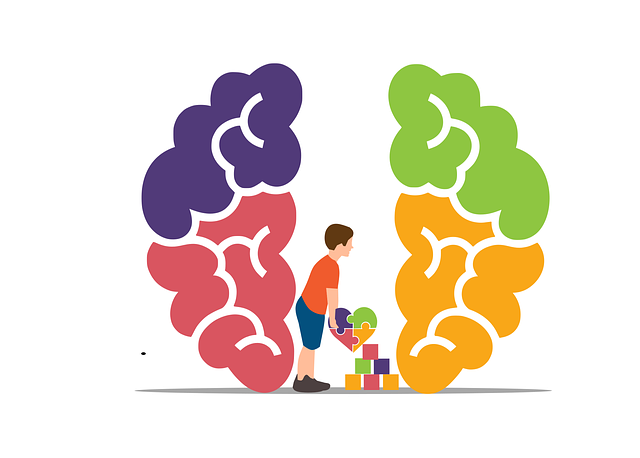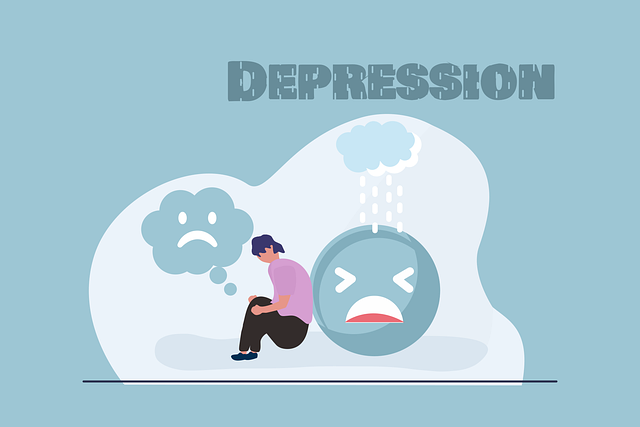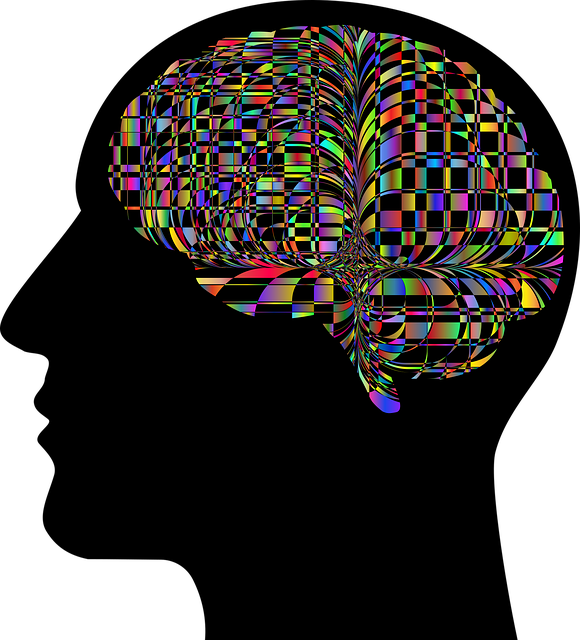Emotional intelligence (EQ) is a cornerstone of effective Northglenn Therapy practices, empowering therapists and clinicians to build strong therapeutic relationships. Through introspective exercises focusing on emotional awareness, mental health professionals cultivate self-perception in clients, enabling accurate emotion interpretation and appropriate responses. This holistic approach combines traditional therapy with innovative practices like mindfulness and compassion cultivation, fostering empathetic individuals within the Northglenn Therapy community. Active listening is a powerful tool, enhancing communication, building trust, and promoting self-care among both practitioners and clients.
Emotional intelligence (EI) is a cornerstone for effective therapy and client relationships. For therapists in Northglenn, building EI goes beyond textbook knowledge; it’s a practical skill set that fosters deeper connections with clients. This article delves into the essential components of EI development, focusing on self-awareness as a foundational pillar. We explore strategies to enhance empathy and active listening skills, providing valuable insights for therapists-clinicians to excel in Northglenn therapy settings.
- Understanding Emotional Intelligence: A Foundation for Therapists
- The Role of Self-Awareness in Building Emotional Intelligence
- Enhancing Empathy: Skills for Therapists to Connect with Clients
- Practicing Active Listening: Unlocking the Power of Communication
Understanding Emotional Intelligence: A Foundation for Therapists

Emotional intelligence (EQ) is a cornerstone for therapists and clinicians, serving as a foundational tool in Northglenn Therapy practices. It encompasses the ability to recognize, understand, and manage one’s own emotions, as well as empathize with and respond appropriately to the feelings of others. This multifaceted skill set goes beyond simple emotional awareness; it includes self-regulation, motivation, empathy, and social skills, all of which are essential in establishing strong therapeutic relationships.
For therapists, cultivating high EQ involves integrating practices such as mindfulness meditation and compassion cultivation into their professional arsenal. Positive thinking and a compassionate mindset can significantly enhance the therapeutic experience, fostering an environment that promotes healing and growth. By prioritizing emotional intelligence, Northglenn Therapy practitioners not only improve their own well-being but also create a more supportive and effective space for clients to navigate and overcome challenges.
The Role of Self-Awareness in Building Emotional Intelligence

Emotional awareness is a cornerstone of building emotional intelligence. It involves recognizing and understanding one’s own emotions, strengths, weaknesses, values, and motivations. Therapists-clinicians in Northglenn can play a pivotal role in fostering this aspect by guiding clients through introspective exercises designed to enhance self-perception. Through these practices, individuals learn to interpret their feelings accurately, enabling them to make sense of their emotional responses and react appropriately in various situations.
By integrating compassion cultivation practices into therapy sessions, mental health professionals can further strengthen the client’s emotional intelligence. This involves teaching clients to extend kindness and understanding towards themselves, which forms a basis for healthier interpersonal relationships. Incorporating these techniques alongside traditional Northglenn therapy for therapists-clinicians allows for comprehensive emotional healing processes, ultimately fostering more empathetic and emotionally intelligent individuals within the community.
Enhancing Empathy: Skills for Therapists to Connect with Clients

In Northglenn therapy settings, therapists and clinicians play a vital role in fostering emotional connections with their clients. Enhancing empathy is a cornerstone of effective therapy, allowing practitioners to understand and share their clients’ feelings and perspectives. This skill set is crucial for building trust and creating a safe space where individuals feel heard and validated. Therapists can develop empathy through self-awareness exercises, reflecting on their own emotions and biases, which enables them to be more attuned to the nuances of their client’s experiences.
By incorporating skills like active listening, open-ended questioning, and nonverbal cues, therapists can effectively communicate their genuine interest in their clients’ well-being. Additionally, participating in community outreach program implementations and conflict resolution techniques further strengthens these connections. Such initiatives not only broaden the therapist’s perspective but also equip them with tools to navigate complex emotional landscapes, thereby enhancing the therapeutic process for both the clinician and the client.
Practicing Active Listening: Unlocking the Power of Communication

In the realm of Northglenn therapy for therapists-clinicians, active listening stands as a cornerstone of effective communication. This skill transcends mere hearing; it involves fully concentrating on what’s being said, understanding the speaker’s emotions, and responding thoughtfully. Practicing active listening not only strengthens the therapist-client relationship but also fosters inner strength development in both parties. By validating feelings and reflecting back what’s been expressed, therapists can create a safe space where clients feel heard, understood, and valued—a crucial aspect of mental health policy analysis and advocacy.
Through consistent active listening, self-care practices become more than just recommendations; they become integral tools for maintaining emotional balance. Therapists who model this behavior encourage clients to do the same, promoting healthier communication patterns both within therapy sessions and in their daily lives. This ripple effect can significantly contribute to positive mental health outcomes, making it an essential component of comprehensive therapy services.
Emotional intelligence is a powerful tool for therapists and clinicians in Northglenn, enabling them to foster deeper connections with clients. By cultivating self-awareness, empathy, and active listening skills, therapists can enhance their ability to understand and support their clients’ emotional well-being. This holistic approach not only benefits the therapist-client relationship but also revolutionizes therapy practices, ultimately leading to more effective treatment outcomes in Northglenn therapy settings.














